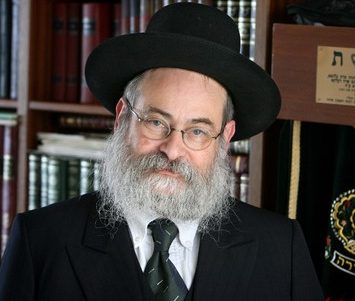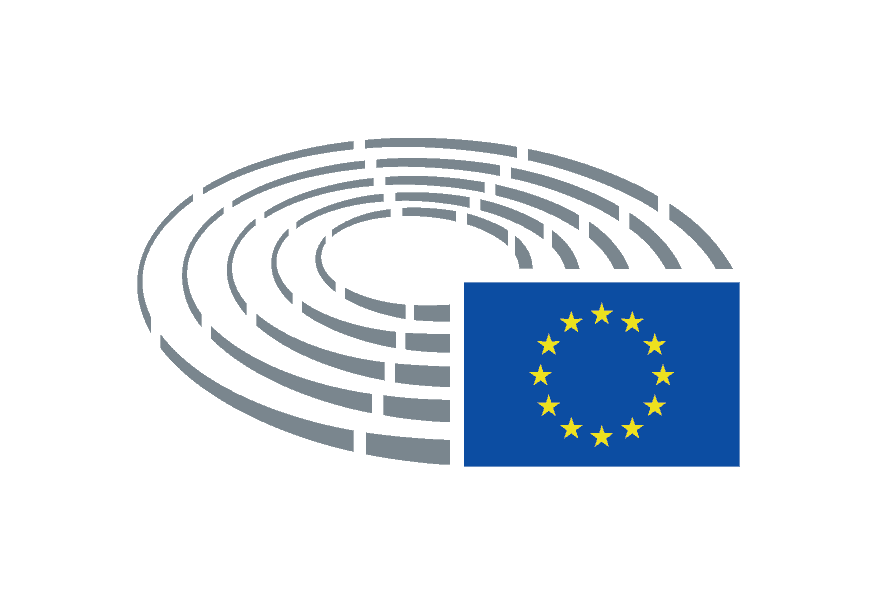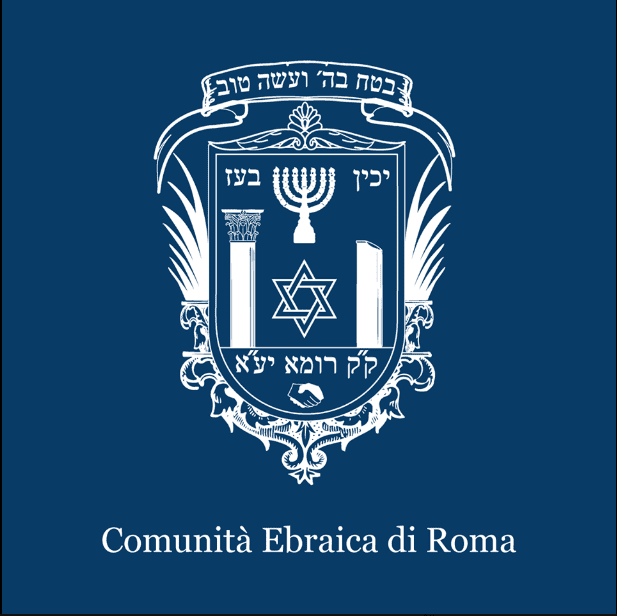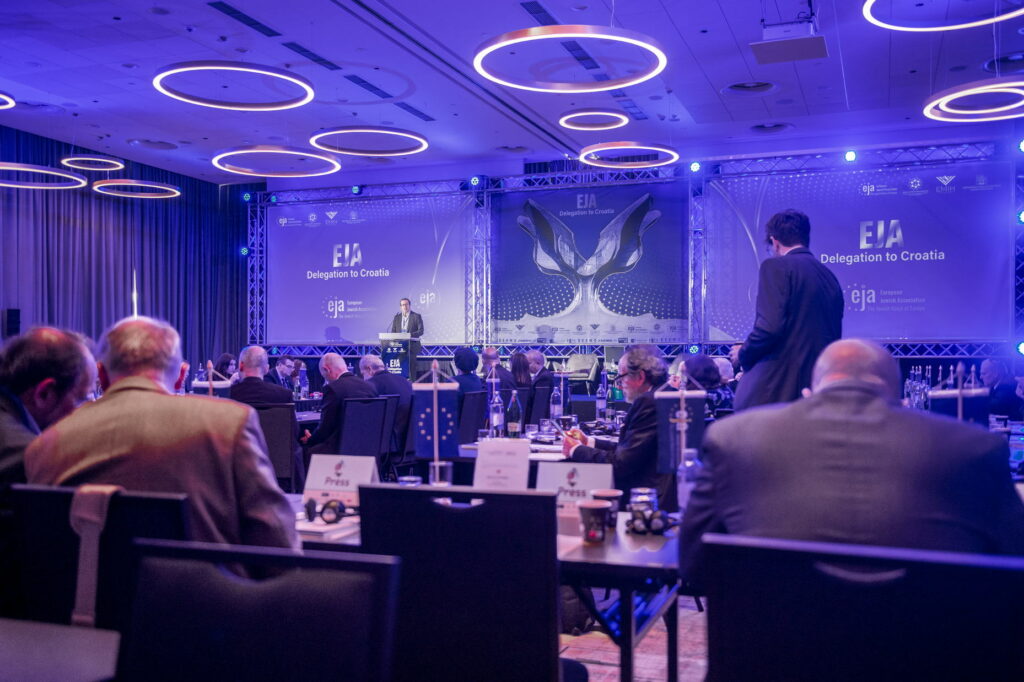It was a boiling hot sauna!
This week we are in the days of Selichot, days of preparation for the Jamiem Noraim, the Days of awe, preceding the festival of the Jewish New Year.
Awe is of great importance, because if there is a lack of ‘awe’, a society just goes in the wrong direction. This thought came to my mind when I was present in Westerbork, former Dutch deportationcamp to welcome the cyclists who had participated in “Back to Westerbork”. Tears welled up in my eyes. All young people who had made the journey from Auschwitz to Westerbork, én route had visited the various concentration camps, other places of horror and were now back in Westerbork. Awe! Lack of awe can lead to anarchy. But submitting to a wrong authority can lead to what happened in WWII. Eighty percent of my family ended up in the gas chambers of Auschwitz and Sobibor via Westerbork! And now some 70 young people were cycling there, giving a stern warning about the dangers of submission to a wrong authority. Young people from Germany, the Netherlands and Poland. To my right a German Minister, to my left the ambassador of Poland and the King’s Commissioner in the province of Drenthe was also emphatically present, Mrs Jetta Klijnsma. What a powerful woman! I was delighted and grateful that my speech and the sounds of the shofar were clearly heard and penetrated. As I sit here typing, I feel a lump in my throat. I would like to embrace all those cyclists with gratitude for their great performance and especially for the hard demonstration. Yes, every morning in these days before the Awe-inspiring days of Jewish New Year I get up earlier to say extra prayers, but this gathering was all encouragement and awe-inspiring. A hot shower! I also felt that warm shower this morning in Ede where a meeting was organized by a group of faithful Christians.
In October 2020, representatives of various denominations at the Israeli embassy in The Hague had pleaded guilty for the churches’ negligence towards Jews before, during and after World War II. Now that antisemitism is unfortunately on the rise again, the right question has arisen as to what attitude the churches will adopt at the beginning of the 21st century. Therefore, representatives of churches organized an appeal meeting to speak on this subject. Speakers included Israel’s ambassador, Z.E.N. Gilon and my person. It was clear that those present are pro-Israel. But it also became clear, and I myself have expressed this very emphatically, that the love for Israel is diminishing among the church youth. This concerns me, a concern shared by those in attendance. And yet the symposium was a hot shower, so hot shower number two. I experienced the third shower on Urk, a former island, which is know for its love and support for Israel. In the Town Hall, the ambassador of Israel, two representatives of Christians for Israel and the undersigned, were received by the mayor and his aldermen. Why were we at the Town Hall? From 14:00 to 22:00 there was a magnificent afternoon and evening for ‘The entrepreneurship platform of Christians for Israel’ on Urk. Of course the ambassador was present again, whom I met there for the third time that day. In the afternoon, the 180 attendees were split in two. Group one was given a tour of the fishing company DaySeaDay and group two was shown around the alleys of Urk. More than €140,000 was raised that evening for the construction of a youth center in Jerusalem. What warmth, what friendship, what enthusiasm and what a honor and how unique that I, as Chief Rabbi, could be a part of such a gathering. Music, a Zoom connection with Israel, a dinner (for Blouma and for me kosher of course) and inspiring speeches. But if you expect me to call this evening the third hot shower, you are wrong! It was not a hot shower, but a boiling hot sauna!
During the corona time, Chief Rabbi Jacobs keeps a diary for the Jewish Cultural
Quarter. NIW publishes these special documents on https://niw.nl/category/dagboek/






















